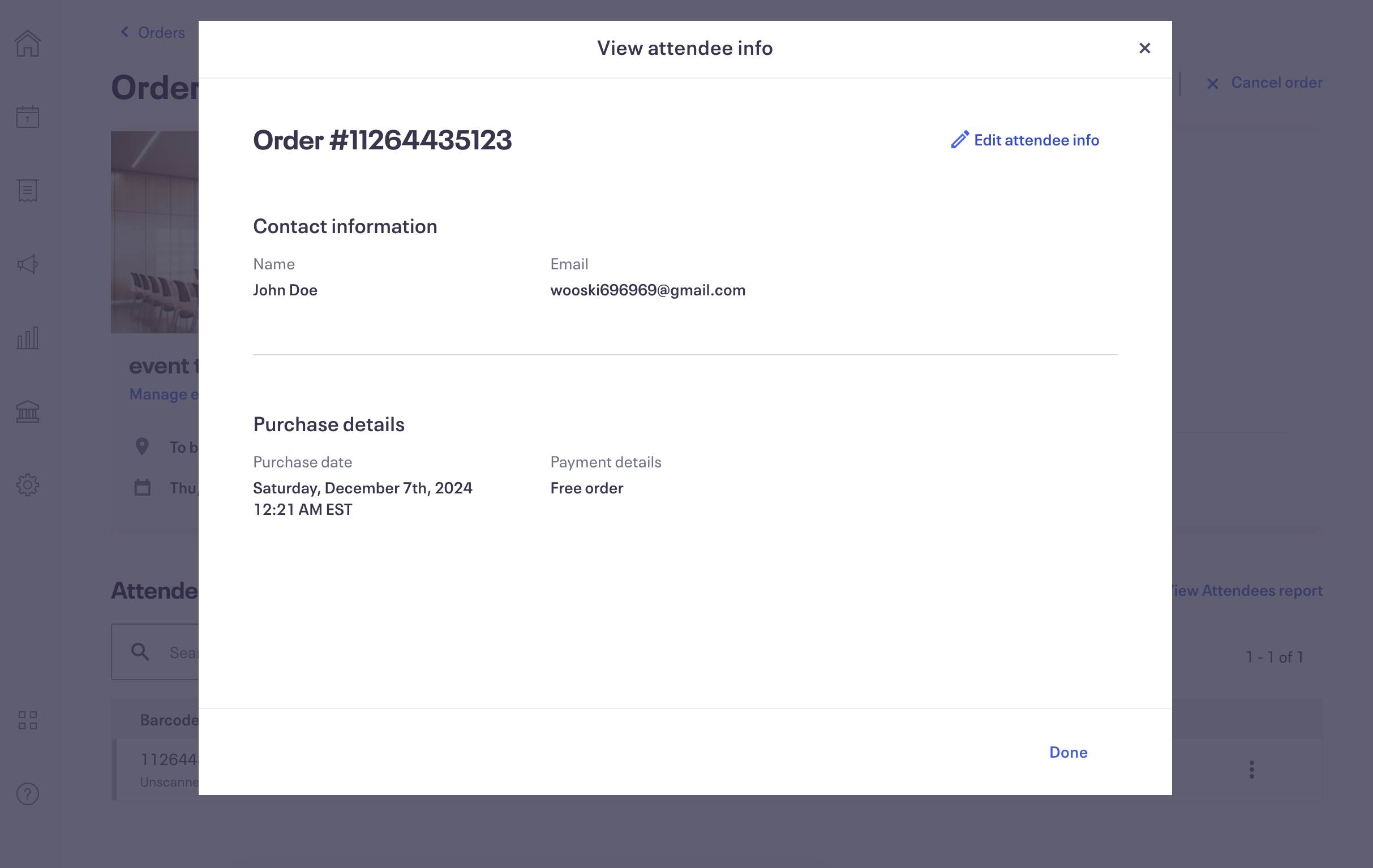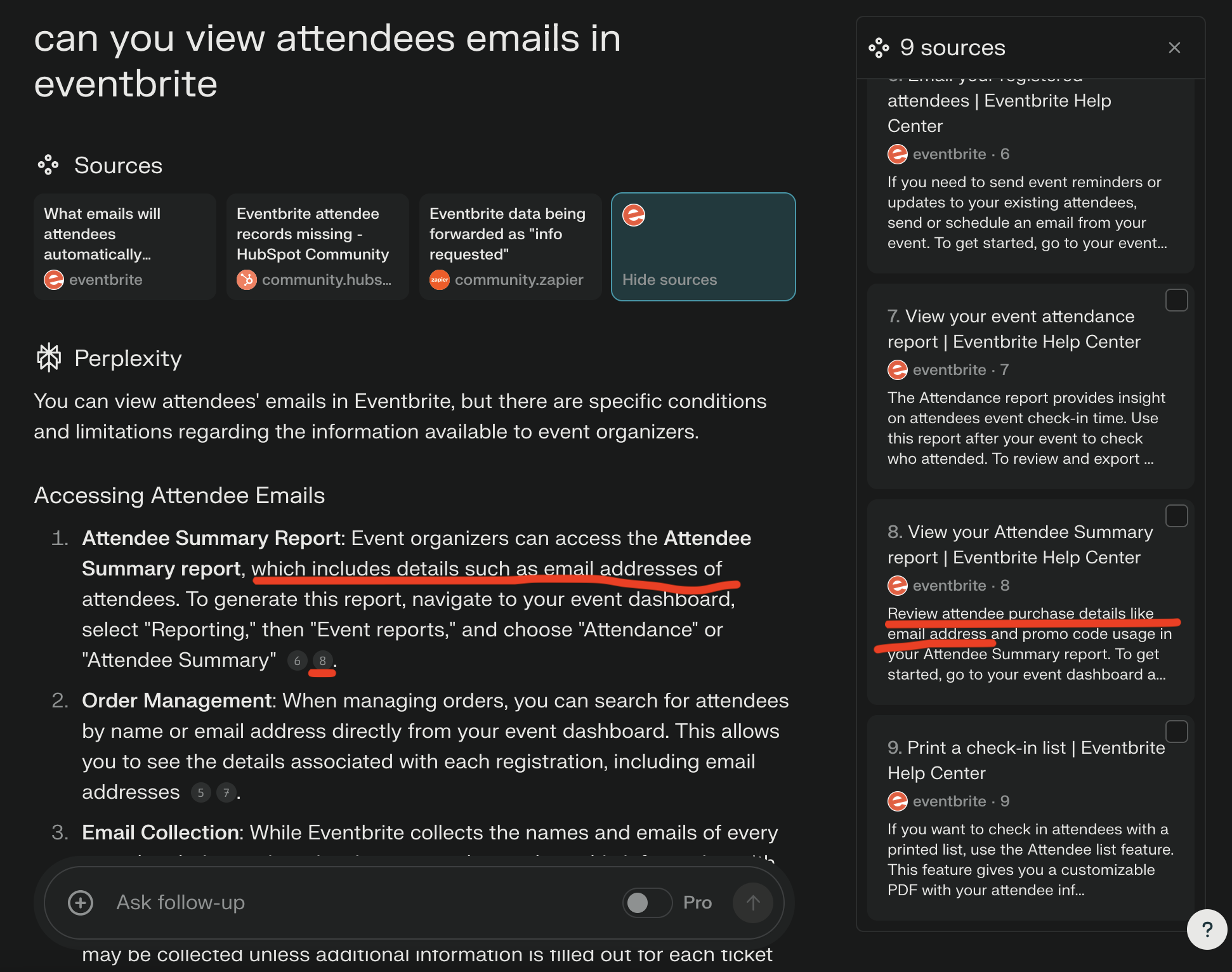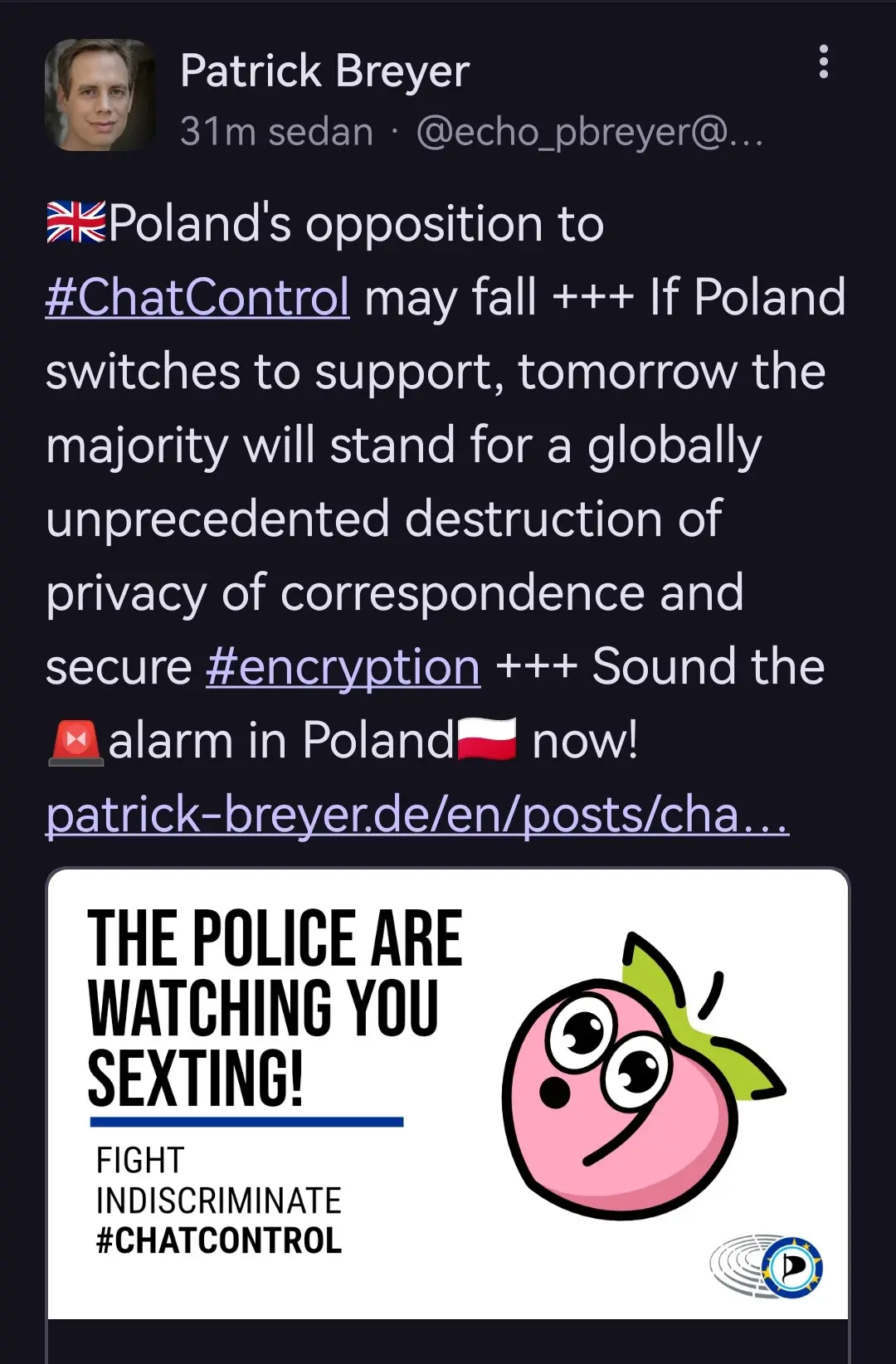Happy Christmas and Merry Hanuka!
If you're struggling to find something to buy your privacy enthusiast friend for the holidays, I have some gift ideas. As with any gift, not everyone will need these, but it can give you a good idea of what to look for. Feel free to submit your own suggestions, as well!
No affiliate links, no sponsors, no favorites. All prices are in USD. If a price is something like "$X.99" or "$X.49" or "$X39" I have rounded it up by one digit.
Subscriptions
Some privacy tools come at a cost, and not all open source software can be used for free!
Addy.io is an email aliasing service.
Pricing
Lite: $1 / month
Pro: $3 / month
Bitwarden is a cloud-synced password manager.
Pricing
Personal Premium: $10 / year
Personal Families: $40 / year
Business Teams: $48 / user / year
Business Enterprise: $72 / user / year
The Calyx Institute Internet Membership provides you with a privacy respecting cellular hotspot.
Pricing
Contributor Yearly: $500 / year for first year, $400 / year thereafter
Contributor Quarterly: $150 / 3 months
Contributor Plus: $600 / year for first year, $500 / year thereafter
Sustainer Yearly: $750 / year for first year, $500 / year thereafter
Sustainer Quarterly: $175 / 3 months
JMP is an open source phone number provider.
Pricing
Plan (USD): $5 / month + additional usage costs
Mullvad VPN is a virtual private network.
Pricing
1 month: $5.28 / month
Physical vouchers are also available through resellers.
MySudo (PROPRIETARY)
MySudo is a proprietary aliasing software. I could not find any open source option for aliasing phone numbers, especially this cheap.
Pricing
SudoGo: $1 / month or $10 / year
SudoPro: $5 / month or $50 / year
SudoMax: $15 / month or $150 / year
Privacy.com is a proprietary financial transaction masking and aliasing tool. There are other options such as Revolut (open source), but Privacy.com seems to be the one that works best in the United States. Consider your threat model while using these tools.
Pricing
Plus: $5 / month
Pro: $10 / month
Premium: $25 / month
Proton is a software suite that includes email, VPN, cloud storage, password manager, calendar, and wallet. Their pricing is extremely convoluted and difficult to navigate.
Pricing
Proton Unlimited 1 month: $13 / month
Proton Unlimited 12 months: $10 / month
Proton Duo: $15 / month
Proton Family: $24 / month
Mail Plus 1 month: $5 / month
Mail Plus 12 months: $4 / month
Drive Plus Monthly: $5 / month
Drive Plus Yearly: $4 / month
Proton VPN Plus 1-month plan: $10 / month
Proton VPN Plus 1-year plan: $5 / month
Proton VPN Plus 2-year plan: $4.50 / month
Pass Plus Monthly: $5 / month
Pass Plus Yearly: $3 / month
Proton Business Suite Monthly: $15 / user / month
Proton Business Suite Yearly: $13 / user / month
Mail Essentials Monthly: $8 / user / month
Mail Essentials Yearly: $7 / user / month
Mail Professional Monthly: $11 / user / month
Mail Professional Yearly: $10 / user / month
VPN Essentials Monthly: $9 / user / month
VPN Essentials Yearly: $7 / user / month
VPN Professional Monthly: $12 / user / month
VPN Professional Yearly: $10 / user / month
Pass Essentials Monthly: $5 / user / month
Pass Essentials Yearly: $2 / user / month
Pass Professional Monthly: $7 / user / month
Pass Professional Yearly: $3 / user / month
Drive Professional Monthly: $10 / user / month
Drive Professional Yearly: $6 / user / month
Hardware
Not everything is digital. Hardware is the foundation for privacy, after all!
Dumb Television
Smart TVs are so last century... and this century... and the next century... Enjoy the luxury of buying a "dumb TV" while it lasts, because your TV doesn't need to spy on you! There's no best option here. You might need to purchase a large monitor instead of a TV.
Google Pixel phones are one of the most secure devices, especially when you run a security/privacy focused custom Android distribution such as GrapheneOS. Other phones exist for this category, but the Google Pixel is a good baseline. Prices here are based on what are actively being sold on Google's own website.
Some things to look out for when installing a custom Android distribution:
- Make sure the custom Android distribution you want to install supports being installed on the device you get. GrapheneOS, for example, only supports Google devices.
- Make sure the device you purchase allows unlocking the bootloader.
- Make sure the custom Android distribution you want to install supports locking the bootloader after installation for the device you get. Some devices do not allow relocking the bootloader, and in some cases this can brick the device. Google Pixels generally have the best support for this.
- Make sure the device you purchase is carrier unlocked or the carrier allows OEM unlocking/bootloader unlocking. Some carriers (most notoriously Verizon) will disable this functionality to maintain a monopoly and will refuse to lift the restriction. Second hand sellers are often unaware of this and will mistakenly list the device as "carrier unlocked" when it is in fact not.
Pricing
Refurbished Pixel 6 128GB: $340
Refurbished Pixel 6 256GB: $390
Refurbished Pixel 6 Pro 128GB: $540
Refurbished Pixel 6a: $250
Refurbished Pixel 7 128GB: $430
Refurbished Pixel 7 256GB: $480
Refurbished Pixel 7 Pro 128GB: $630
Refurbished Pixel 7 Pro 256GB: $680
Refurbished Pixel 7 Pro 512GB: $780
Pixel 7a: $500
Pixel 8 128GB: $700
Pixel 8 256GB: $760
Pixel 8 Pro 128GB: $1,000
Pixel 8 Pro 256GB: $1,060
Pixel 8 Pro 512GB: $1,180
Pixel 8 Pro 1TB: $1,400
Pixel 8a 128GB: $400
Pixel 8a 256GB: $460
Pixel 9 128GB: $650
Pixel 9 256GB: $750
Pixel 9 Pro 128GB: $850
Pixel 9 Pro 256GB: $950
Pixel 9 Pro 512GB: $1,070
Pixel 9 Pro 1TB: $1,300
Pixel 9 Pro XL 128GB: $950
Pixel 9 Pro XL 256GB: $1,050
Pixel 9 Pro XL 512GB: $1,170
Pixel 9 Pro XL 1TB: $1,400
Pixel 9 Pro Fold 256GB: $1,500
Pixel 9 Pro Fold 512GB: $1,620
OpenWrt One is the first router designed specifically to run OpenWrt. It's not the only supported device, and there are other open source router firmware projects, but this is a good out-of-the-box choice.
Pricing
This can currently only be purchased from unofficial resellers for $90.
Qubes OS is likely the most hardened Linux distro available. They have their own list of certified hardware that comes with Qubes OS preinstalled. Those devices aren't the only ones capable of running Qubes OS. You can also check out the Hardware compatibility list and Community-recommended computers. These computers can run more than just Qubes OS, but if it's good enough to be certified by them, it will likely run anything else just as securely!
Pricing
NitroPad V56: Lowest $1,565.58
NovaCustom V56 Series 16.0 inch coreboot laptop: Lowest $1,256.40
NitroPC Pro 2: Lowest $1,614.73
Star Labs StarBook: Lowest $863.00
NitroPC Pro: Lowest $1,614.91
NovaCustom NV41 Series Lowest $930.60
Dasharo FidelisGuard Z690: Lowest $994.28
NitroPad T430: Lowest $737.79
NitroPad X230: Lowest $737.79
Insurgo PrivacyBeast X230: $1,341.46
Raspberry Pis are miniature computers that are very useful for setting up proxy servers.
Pricing
There's endless configurations, but the most recent Raspberry Pi model is the Raspberry Pi 5. There are multiple resellers of this, and the cheapest one is the $50 Raspberry Pi 5 2GB
Self-hosting hardware
A privacy enthusiast's best tool is being able to self-host certain things. There is no single device to self-host, but some ideas are:
- A server rack for general self-hosting
- A powerful GPU for self-hosting AI
- A self-hosted home automation kit
Hardware Accessories
What is a piece of hardware without a few accessories? Modularity is always a benefit of modern technology.
Camera covers
From laptops to webcams to phones, cameras are everywhere. If you don't fully trust the device you use and want some peace of mind, having an accessory to obscure the lenses of your cameras is a good thing to have. There are lots of options here depending on which camera you want to cover. Some phone cases even offer a sliding camera cover.
CD/DVD/Blue-ray drives
Some CD/DVD/Blue-ray drives can allow you to preserve the physical DVDs that you have bought and paid for, that may soon be end-of-life. These devices allow you to read the contents of the disk, and save a digital copy of it for archival purposes. There is no best-option here, so look around to find one that fits.
Data storage devices
Data storage devices are useful for many things such as backups, installing operating systems, booting live operating systems, data transfer, and more. The market here is huge and convoluted, so learn about different types of drives, different connectors, different connector versions (such as USB), etc. before making an educated decision.
Hardware security keys
Hardware security keys allow your accounts to be locked with a physical form of multi-factor authentication. Many organizations sell these, and some of them even provide open source hardware/software. Here are a few common brands:
Microphone blocker
Microphone blockers come in all shapes and sizes, but they all serve the same function: making sure your microphone is not able to hear anything. The effectiveness of some of these are debatable, given that most phones have multiple microphones, but it can be a fun gift nonetheless.
Privacy screen protector
Privacy screen protectors are films that you apply over your screens to restrict viewing angles. This means that if someone were to look at your phone while standing next to you, they likely wouldn't be able to see what you're doing. These screen protectors are also available for laptops, smart watches, and other screens.
When buying these, make sure of the following:
- The screen protector supports fingerprint unlock for relevant devices.
- The screen protector actually works well.
- The screen protector will actually protect the device as a screen protector.
- The screen protector fits correctly for the device you're getting.
- The cameras will still work after the screen protector is applied to relevant devices.
Wired headphones
Bluetooth can pose a privacy risk, and that is especially true when you need to play sensitive audio. One time I was in a hallway with my Bluetooth earbuds in, connected to my phone but not playing anything, when suddenly I heard a grainy piano song. My phone wasn't playing anything, and eventually the music just cut out. To this day I have no idea how it happened, but it does mean you should be careful with wireless headphones.
Wires can be annoying, but being able to fully turn off Bluetooth can give you peace of mind knowing that your audio stays inside the wire. Having high quality wired headphones can be a blessing, and even provide a better listening experience. It's worth looking at many brands, but Google still sells USB-C wired earphones and headphones from a few different brands. Here are a few:
Google Pixel USB-C™ earbuds: $30
AIAIAI Pipe 2.0 USB-C Earphones: $40
AIAIAI Tracks 2.0 Headphones: $60
Currency
Anonymous payments are growing more and more difficult, so if you aren't sure what to buy, these are well appreciated options.
Cash
Cash is one of the most anonymous methods of payment, and can be a privacy enthusiast's gold. Multiple small bills ($1, $5, etc.) are appreciated more than a few large bills ($20, $50, etc.) because many places do not accept cash in large bills. You can also gift some rare or interesting cash, such as $2 bills, half dollars, silver dollars, dollar coins, etc.
Cryptocurrency
Getting cryptocurrency, especially anonymously, can be a long and painful process. If you are comfortable setting it up, this is a huge time saver and a great gift. Monero is generally considered the most private cryptocurrency, so that's a better choice than other cryptocurrencies. However, Bitcoin is the most popular and most widely accepted, even though it isn't very private. Try to obtain these through anonymous means such as using cash at cryptocurrency ATMs that may be in your city.
Prepaid cards
There's usually no option to pay in cash online, but there are ways around this. If you buy gift cards or prepaid VISA cards with cash, it can be almost as anonymous as cash itself. Some good choices may include:
-
Amazon Gift Cards: Amazon is very hard to use privately, but this can help significantly.
-
Google Play Gift Cards: Google Play is one of the most secure ways of installing apps, but not all of them are free. Google Play gift cards can allow you to pay for apps anonymously, so you can maintain your security.
-
Visa Prepaid Card: This is a catch-all solution for when there's no specific gift card available.
Physical Items
As with hardware, not everything needs to be digital. There are plenty of items that are cheaper and good for almost anyone.
Books
eBooks are a marvel, but they come with complications. Sometimes the formatting isn't right, sometimes you can't get them anonymously, and you need a device to even view it. If the digital apocalypse ever happens, the only way to access information will be through books. No ads, no eye strain. A good privacy related book you could buy is Michael Bazzell's Extreme Privacy: What It Takes to Disappear
Calendar
Digital calendars can be convenient, but not always safe. Anything digital can risk being remotely accessed or spied on. Having a physical calendar means you can have the benefits of a calendar, without the need for a digital device. Plus, it comes with pictures that you get to pick.
DVDs
Best paired with a DVD ripper, having physical copies of movies and games means no company can take it away from you with the push of a button. You have no ads, use no internet, no subscriptions, and have full quality.
Faraday bags
Faraday bags and pouches are containers for your devices that block all incoming and outgoing signals. That means anything that goes inside of it will have no Wi-Fi, Bluetooth, cellular, NFC, etc. This is useful if you want to make sure your device isn't phoning home. This is an item that you may want to spend extra on, because lower quality ones can still leak radio signals.
Merchandise
Privacy themed merchandise can be a good way to show that you care about privacy and to help spread it. You can find privacy merch anywhere, but NBTV (a privacy YouTuber) has a good selection of products: https://shop.nbtv.media/en-usd/
Monerochan my beloved
Notebooks
Having everything in a digital notes app can be nice or convenient, but I much prefer to write a lot of things down in a physical notebook. From diaries to sketches, it's nice to take a break from your digital life to jot down some ideas, privately.
Paper shredder
When you have sensitive documents that you need discarded, one of the best ways is a paper shredder. If you buy one of these, the best ones are ones that dice the paper or burn it entirely. Even those small squares can be pieced together again.
Safes and lockboxes
Speaking of sensitive documents, where do you store those? A good place to store sensitive documents is in a safe or a lockbox. From government documents to your best ideas, they deserve to stay (in a) safe. It's good to make sure you buy a fireproof safe, just in case Fahrenheit 451 becomes more of a reality.
Surveillance camera jackets
As the looming threat of widespread AI surveillance comes closer, defenses against them grow stronger. Generally, you have two options:
These can be expensive and hard to find, but the best way to fight surveillance.
Ending notes
Thank you all for reading this! I hope it helps you find a gift for a privacy enthusiast you can't think of a gift idea for. You don't have to buy the exact things listed here, but it gives you a general outline with ideas. I know there are some great gift ideas I missed here, so please leave them in the comments to help out others!
Merry Christmas, Happy Hanuka, and have a nice day!
- The 8232 Project




